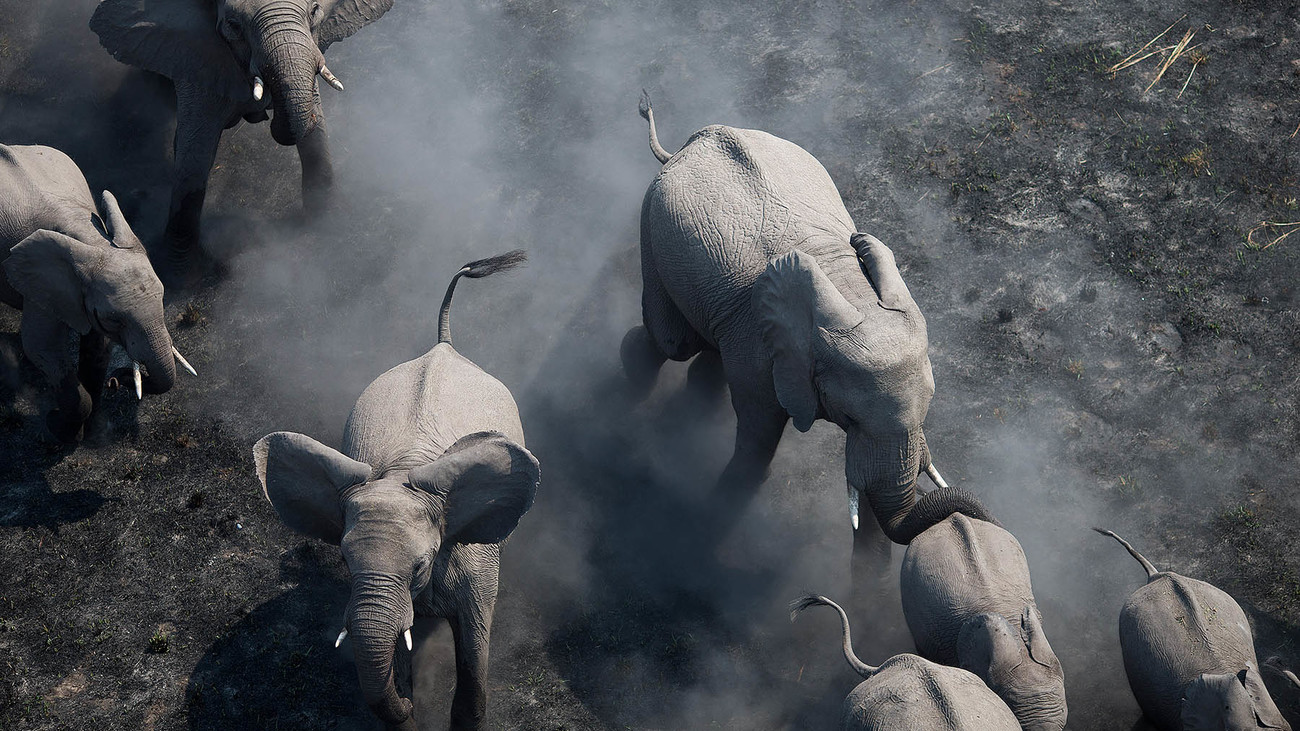Blog
Long’uro: one elephant’s story of immense resilience
Read morescientists believe fences are behind the deaths of elephants in Botswana

(Cape Town, South Africa – January 21, 2021)
Scientists say the mass death of at least 350 elephants in Botswana last year was likely due to a network of fences preventing their ability to roam freely.
Research published in PeerJ – Life and Environment says while the causes of the deaths "are still unknown – and will never be known” the confinement of large numbers of elephants to an area of the Okavango Pan Handle, in northern Botswana, creates a dependence on artificial water sources like pans.
The study suggests “re-alignment of removal of fences that restrict elephant movement and limits year round access to freshwater,” is needed.
The research was led by Emeritus Professor Rudi van Aarde of the Conservation Ecology Research Unit of the University of Pretoria, and a team of scientists from UP and Pakistan. Professor Van Aarde is a long-time consultant to IFAW.
Jason Bell, IFAW’s Executive Vice President Strategy, Programs & Field Operations, said the outcomes of the research were in-sync with IFAW’s view that habitat loss and fragmentation due to human development and climate change are devastating the ability of elephants to survive and thrive.
"Last year’s tragic die-off made it clear – confining elephants can be disastrous. As animals needing to roam and move freely, confinement in any form is disastrous for the persistence of wild populations and ultimately their survival. We need to connect protected spaces making it possible for elephants to move safely from place to place, and at the same time protecting communities and their livelihoods,” said Bell.
Last year scientists ruled out poisoning or poaching was unlikely to have played a role in the die-off. Other animal species were unaffected and elephants had their tusks intact.
Our work can’t get done without you. Please give what you can to help animals thrive.
Unfortunately, the browser you use is outdated and does not allow you to display the site correctly. Please install any of the modern browsers, for example:
Google Chrome Firefox Safari